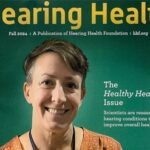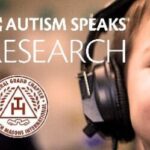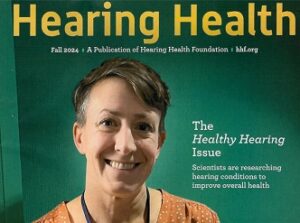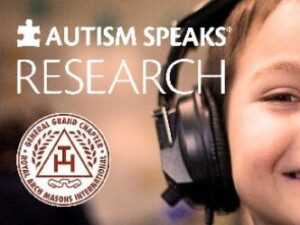Stay Informed with the Latest NEWS from R.A.R.A.
Discover updates, breakthroughs, and stories that highlight our mission to advance research and support for Central Auditory Processing Disorder (CAPD).
TRENDING
Latest News
By supporting R.A.R.A., you contribute to advancing research, fostering innovation, and improving lives. Together, we can conquer CAPD.






